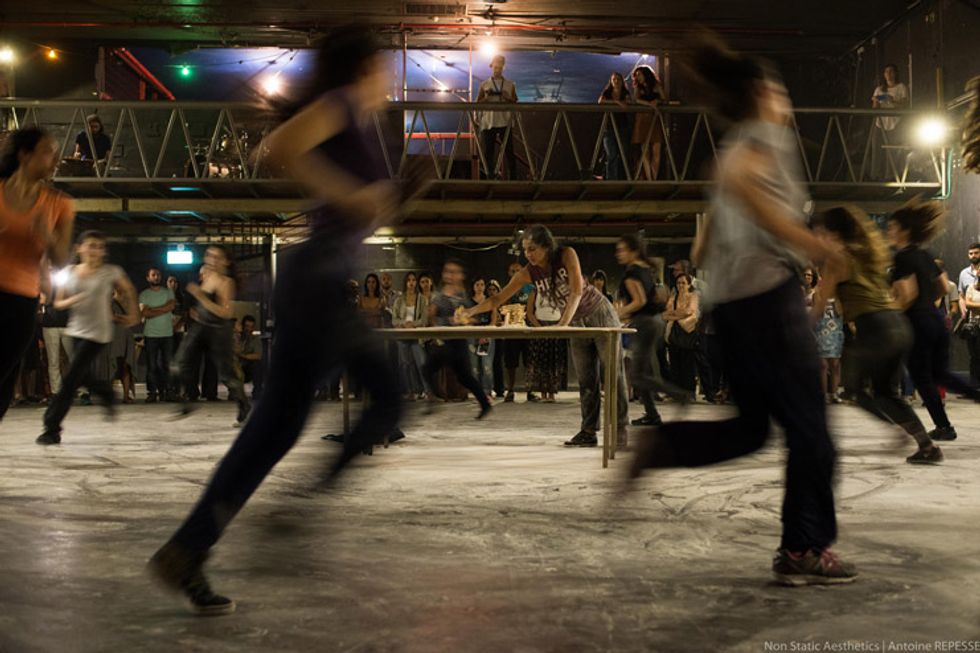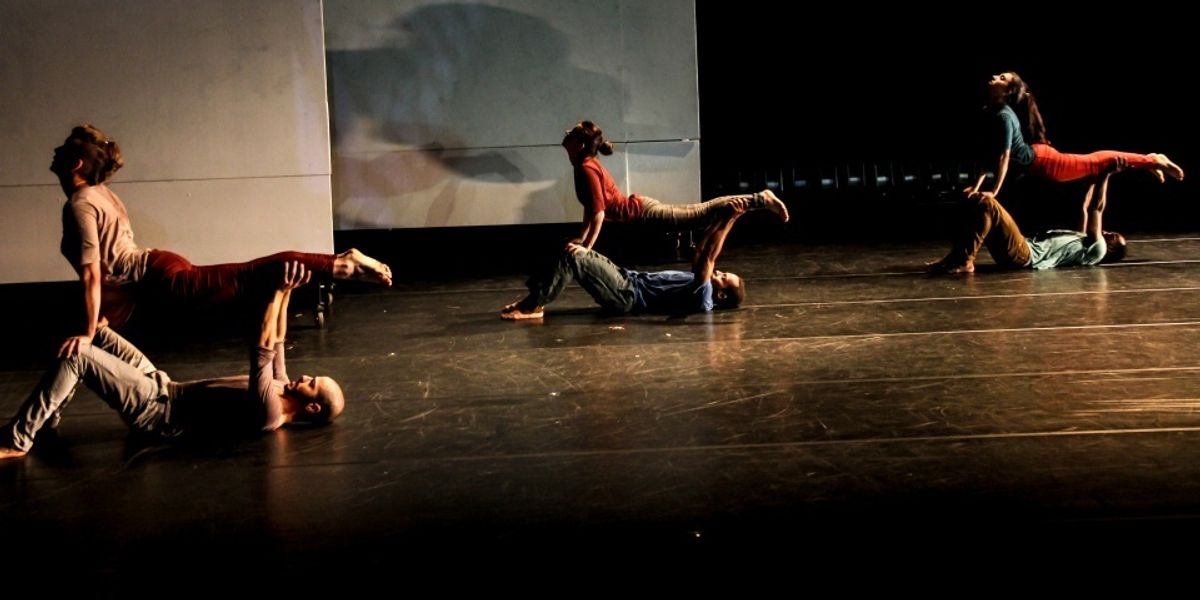What It's Like Dancing Between Palestine and New York City
One of the only paid contemporary dance companies in Palestine, Yaa Samar! Dance Theatre faces logistical challenges that most American companies could never imagine. Nearly 30 to 40 percent of YSDT programming is cancelled—sometimes on performance days—due to artist visa denials, local violence, or because the company is participating in solidarity strikes with their communities.
But when the show does go on, it is all worth it. “The dancers have a space where they can focus, perform an act of solidarity…it is a safe haven for them,” says associate artistic director Zoe Rabinowitz.
Choreographer Samar Haddad King founded Yaa Samar! Dance Theatre in New York in 2005, after studying in the Ailey/Fordham BFA program. Born in Alabama to a Palestinian mother, she relocated to Palestine in 2010 due to her husband’s denied American visa request.
“I never would have guessed that my life would lead me back to my mother’s home,” says King. Her company now operates between Palestine and New York City. While the move seemed like an obstacle, new opportunities have presented themselves in unexpected ways. In 2011, she created bound via Skype rehearsals with her New York dancers, delving into the experience of separation and featuring a projected Skype conversation between long-distance lovers.
Despite the overseas challenges, King has found a way to operate YSDT in a fluid, multinational, multilingual way (she speaks both English and Arabic). Building her company in a new country required King hire new YSDT dancers in Palestine. Meanwhile, associate artistic director Rabinowitz remains dedicated to the company in New York City. Together the pair has grown YSDT into an international touring presence, with dancers traveling from both locations to perform together.

non/static aesthetics. Photo by Antoine Repesse via ysdt.org
King has immersed herself in the Palestinian dance community, developing ballet curriculum for Sareyyet Ramallah—an organization dedicated to cultural growth in Palestinian communities—and she is now one of the premier ballet teachers in the country. Formal dance training in Palestine is minimal, and many of the dancers she works with are self-taught street dancers who learn hip-hop from YouTube. “We see a lot of talent and desire—dance is everywhere here—but training is very limited for young people,” explains Rabinowitz.
In 2015, King and two YSDT artists created a site-specific work, non/static aesthetics, in collaboration with 16 young Palestinian women from both sides of the Israeli West Bank wall. The piece was presented in non-traditional spaces throughout Palestine to discover beauty within ruins. This summer, YSDT launches its first summer intensive program in Nazareth.
YSDT’s newest piece, directed by King and Amir Nizar Zuabi, Against a Hard Surface premiered during the Ramallah Contemporary Dance Festival and internationally during the Theater der Welt festival in Hamburg. Featuring a giant onstage wall that dancers climb up, ram into or throw their bodies against, the piece is a powerful statement.
But King’s aim is to tell universal stories, to spark dialogue and provide an experience. “Conflict and fragmentation are present everywhere; what interests me is finding ways to mobilize and connect individuals and artists through creative projects,” says King. “There should always be movement.”





